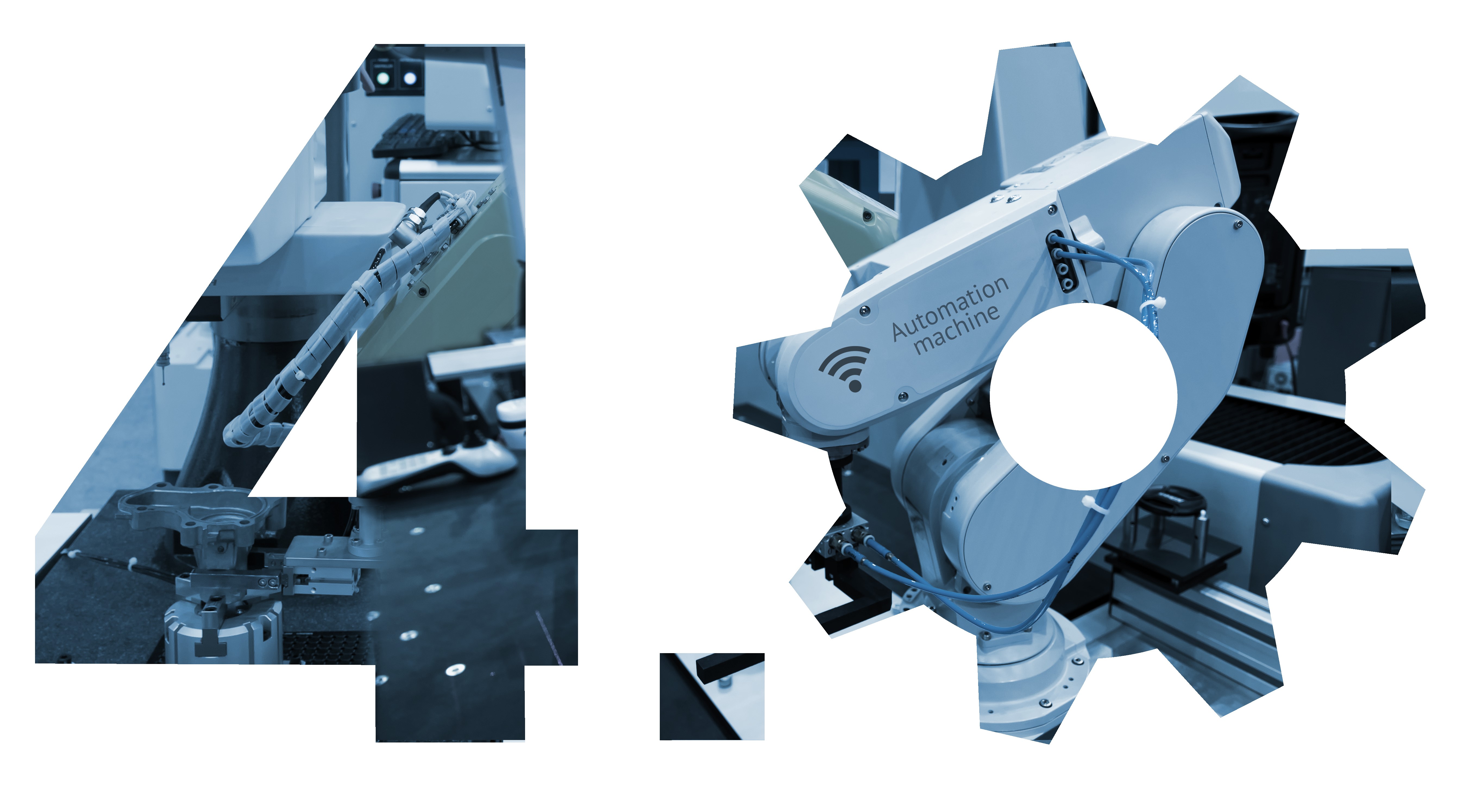In the words of Ron Burgundy - Industry 4.0 is kind of a big deal.
In July this year, when the then Secretary of State for Business, Energy and Industrial Strategy, Greg Clark attended the launch of the University of Sheffield’s AMRC’s Factory 2050, as part of the Made Smarter Scheme, he commented that the private consortium – who played such a crucial role in bringing the new facility to life, read like a ‘Who’s Who’ of the very brightest and best of the UK aerospace, automotive and pharmaceutical industries.
Indeed, the consortium, led by Rolls-Royce and Accenture, boasts such titans as Airbus, Bae Systems, Meggitt, GKN, Astra Zeneca, GSK, PFIZER, Nissan and Marshalls.
Speaking at the event, Accenture Managing Director Olly Benzecry talked about the potential £450bn boost to the UK economy; Rolls-Royce’s Director of Global manufacturing, Hamid Mughal, said he was “absolutely certain…that being good at manufacturing will be a source of sovereignty and economic sustainability going forward”.
For those who have been living in a cave, or maybe idle time, Made Smarter forms part of the government’s strategy to drive manufacturing growth, productivity and transformation through the implementation of advanced digital technologies. It followed a review led by the CEO of Siemens UK, Jurgen Maier, and was announced in the Industrial Strategy Green Paper in January 2017.
It aims to build a national digital ecosystem, upskill as many as one million industrial workers and position the UK as a global leader in industrial digitisation technologies (IDT).
The Made Smarter review identified three themes that are preventing the UK from achieving its potential: Lack of Leadership; Poor Levels of Adoption and Under-leveraged innovation.
As Mughal said, “we have to create standards where they don’t exist. We have to create scale where it doesn’t exist; we have to create productivity solutions which don’t exist”.
Of course, Made Smarter is not the only driver for the advancement of ICT.
In our own Cooper Golding Manufacturing Talent Report 2019, one of the biggest areas of interest to the employers we polled was Automation and AI. And with good reason: as Mughal noted, there is a massive opportunity with industrial digitalisation, but as a nation, we would have to “earn our right to use it”.
So just how big is that opportunity?
A 2017 report by the World Economic Forum identified a $100 trillion opportunity for both industry and society through the adoption of these technologies.
But when taken in context with one of the other main talking points from the Cooper Golding report (the third big talking point begins with B and is banned from this article) – attracting and retaining top talent – its not hard to see why industrial digitisation might be viewed with unease: its one thing looking forward to the potential growth bonanza; it’s quite another planning for it.
To do that you need the staff with the right skill sets. In a climate where already British manufacturers face the largest shortage of skilled workers since 1989, the British Chambers of Commerce (BCC) has found that over four-fifths of manufacturers struggled to hire the right staff in the final months of 2018.
According to The Manufacturer’s Annual Manufacturing Report 2019, 81% of respondents say they are ready to invest in new digital technologies to boost productivity; quoted in an article on Consultancy.org, Aime Lachappelle of Emerton Data noted that 85% of companies are aiming to implement AI in their production processes, yet less than 30% actually have an AI development plan.
And it is those manufacturers that have a development plan that are leading the pack; those that have ignored these are now playing catch-up in the race to understand how disruptive technology is reshaping nearly every facet of the manufacturing industry.
At Cooper Golding, we have specialist desks that recruit in Manufacturing from shop floor to top floor, including a dedicated sales and marketing desk.
We talk to manufacturing professionals every day.
Get in touch if you’d like to receive a free copy of our report, or if you just want to talk about how talented professionals with the right skill sets can help you navigate the fourth industrial revolution, and beyond.





.png)


